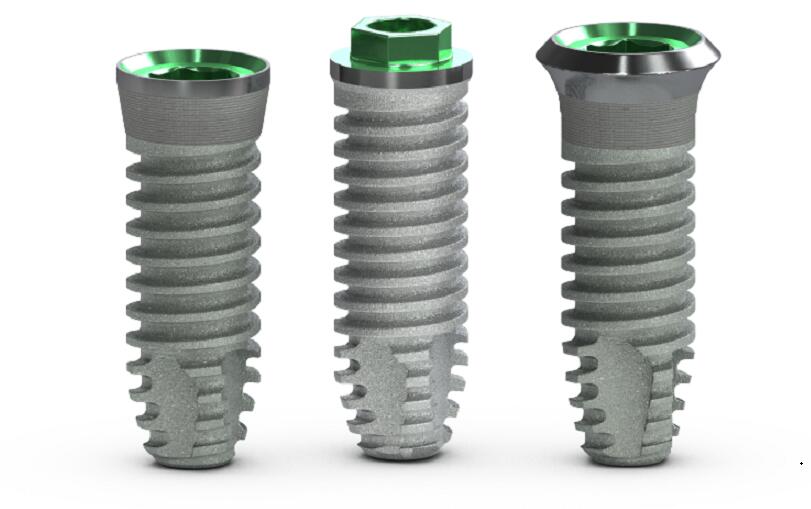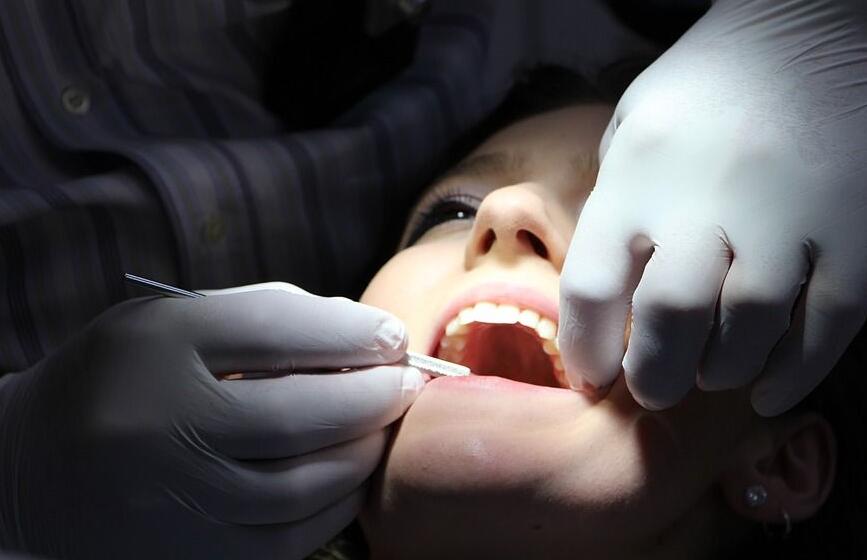Application of Niobium in Stomatology

Application of Niobium in Stomatology
Niobium is a shiny gray metal with a melting point of 2468 ℃ and a boiling point of 4742 ℃. Due to its excellent physical and chemical properties, niobium has a wide range of applications in many fields. In this article, let's take a deeper look at the application of niobium in stomatology.

Application of Niobium in Stomatology
1. Application of Niobium in Oral Implantation
Although titanium and its titanium alloys have good biocompatibility, corrosion resistance, and mechanical strength, their mismatch with the elastic modulus of bone tissue and low osseointegration strength once affected its success rate in clinical applications. As a high-melting metal with high biocompatibility, niobium metal is increasingly used in the improvement and surface modification of implant materials. Niobium can improve the corrosion resistance and biocompatibility of implants. Besides, niobium coating can also increase the corrosion resistance of implants.
2. Application of Niobium in Oral Surgery
Metal biomaterials are widely used in craniomaxillofacial surgery. They are often used as alternative materials and scaffold materials for bone deformities and defects to improve the quality of life of patients. Representative metal biomaterials are stainless steel, cobalt-chromium alloy, titanium, and titanium alloy.
Among these metal materials, stainless steel has better ductility and cyclic torsion strength; cobalt-chromium alloy has the highest stiffness and wear resistance, and relatively high strength; titanium alloy has the best biocompatibility and corrosion resistance performance, and specific strength (ratio of tensile strength to density), but the lowest stiffness.
In addition to mechanical properties, due to the need for long-term implantation in the human body, some of the latter may need to be taken out, so the biological indicators such as biocompatibility and cytotoxicity of metal biomaterials have also received extensive attention from researchers.
Reducing the elastic modulus of metal materials to make them as close as possible to the bone tissue to reduce the stress shielding effect is one of the recent research directions. Earlier studies have shown that adding non-toxic metal elements such as niobium, zirconium, tantalum, and molybdenum to titanium alloys can effectively reduce the modulus of elasticity of the alloy and improve corrosion resistance.
3. Application of Niobium in Oral Restoration
The application of metal dental restorations in dental restorations has been very extensive and popular. Due to the complex intraoral environment, how to improve the mechanical and chemical properties of the material, especially the corrosion resistance, to improve the durability of the restoration under the premise of ensuring good biocompatibility of the material, has always been the focus of research. The titanium-zirconium-niobium-tin alloy with high strength and high elastic modulus is a metal material for dental restorations with good biological safety.
4. Application of Niobium in Orthodontics
Metal orthodontic archwires have their basic mechanical performance requirements, such as sufficient resilience, low stiffness, good formability, good biocompatibility, and environmental stability. Commonly used metal orthodontic archwire materials are stainless steel, diamond chromium alloy, nickel-titanium alloy, and titanium molybdenum alloy.
The existing literature shows that niobium is mainly used as a component of B titanium alloy archwire to improve the mechanical properties of the archwire and reduce the elastic modulus. The niobium-containing titanium alloy archwire has relatively balanced mechanical properties, such as moderate resilience, balanced stiffness, and good formability, and can be welded with accessories.
5. Application of Niobium in Oral Medicine
There are few literature reports on the application of niobium in oral medicine. The existing literature shows that niobium is mainly added as an X-ray inhibitor in the form of niobium oxide particles to the bonding resin and root canal sealant to improve its performance.
6. Application of Niobium in Oral Radiation
In the 1990s, digital X-ray photography technology has not been widely popularized, and X-ray imaging systems used for dental diagnosis and treatment are still using film development. How to reduce the patient's radiation dose under the premise of ensuring image quality has always been the direction of researchers' attention. Many scholars try to use niobium-based filters to reduce the radiation dose of patients.
Conclusion
Thank you for reading our article and we hope it can help you have a better understanding of the application of niobium in stomatology. If you want to learn more about niobium, we would like to advise you to visit Advanced Refractory Metals (ARM) for more information.
Headquartered in Lake Forest, California, USA, Advanced Refractory Metals (ARM) is a leading manufacturer & supplier of refractory metals & alloys across the world. It provides customers with high-quality refractory metals & alloys such as niobium, molybdenum, tantalum, rhenium, tungsten, titanium, and zirconium at a very competitive price.
{{item.content}}
LEVE A REPLY
{{item.children[0].content}}
{{item.content}}






